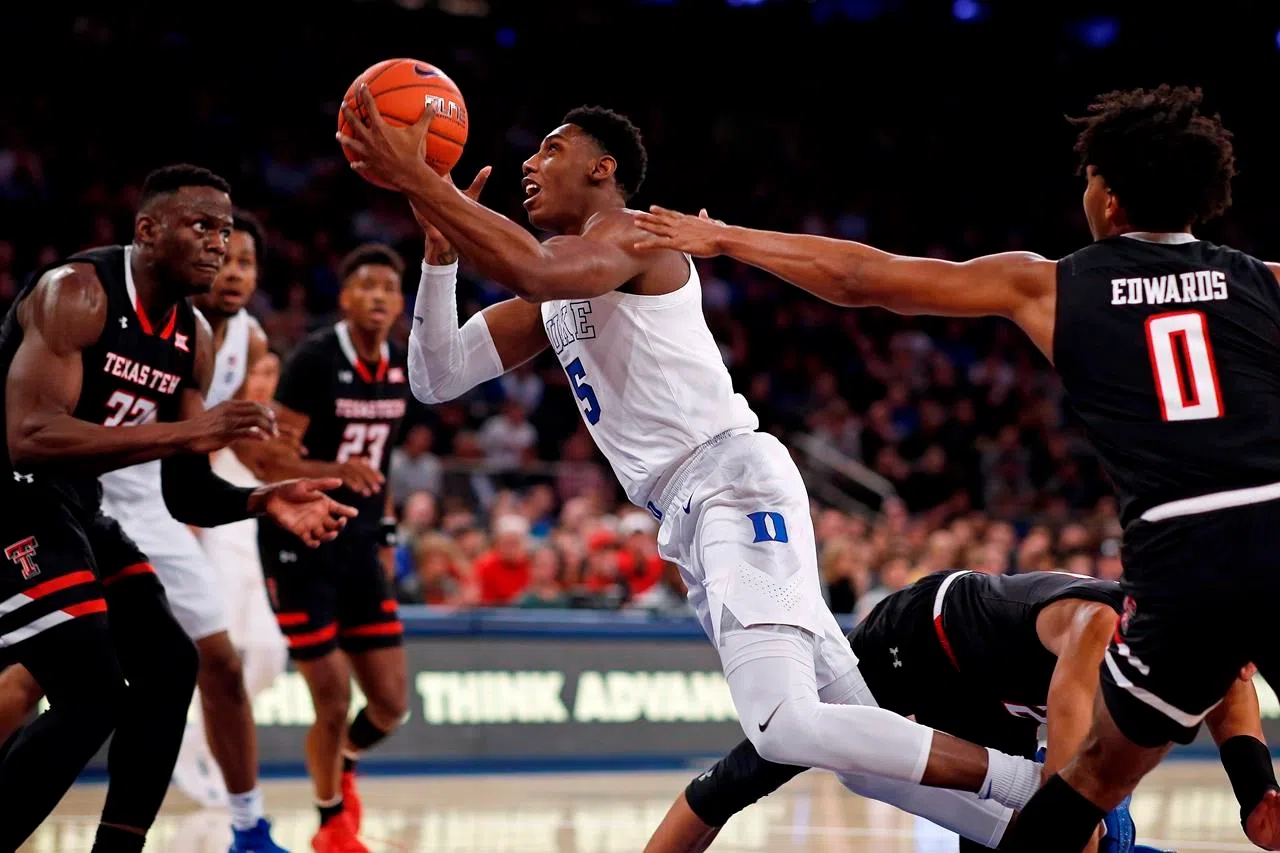
Canadian coaches face tough – but enviable – task of picking World Cup team
TORONTO — With Canada’s wealth of talent on the ice, hockey fans have enjoyed doing this for decades. They’ve scribbled their Olympic dream teams down on bar napkins over beers. They’ve filled up social media screens arguing about goaltending. They’ve tuned in to watch the dramatic unveiling of Canada’s roster live.
Finally, Canada’s men’s basketball team has people talking. And not necessarily because of who’s not playing, but because Canada Basketball will face a tough but enviable task of selecting its World Cup team — and if all goes well, it’s Olympic roster for Tokyo in 2020 — from a deeper player pool than ever before.
When players gather for training camp in August ahead of the 2019 FIBA World Cup in China, it will arguably be the most talented collection of Canadians under one roof in history.
“It will be exciting for fans for sure,” said Rowan Barrett, Canada Basketball’s general manager of the men’s team. “Look at all the players, the players who are playing in the pros all around the world, and the ones who are coming along into the pros, the ones still in college.


